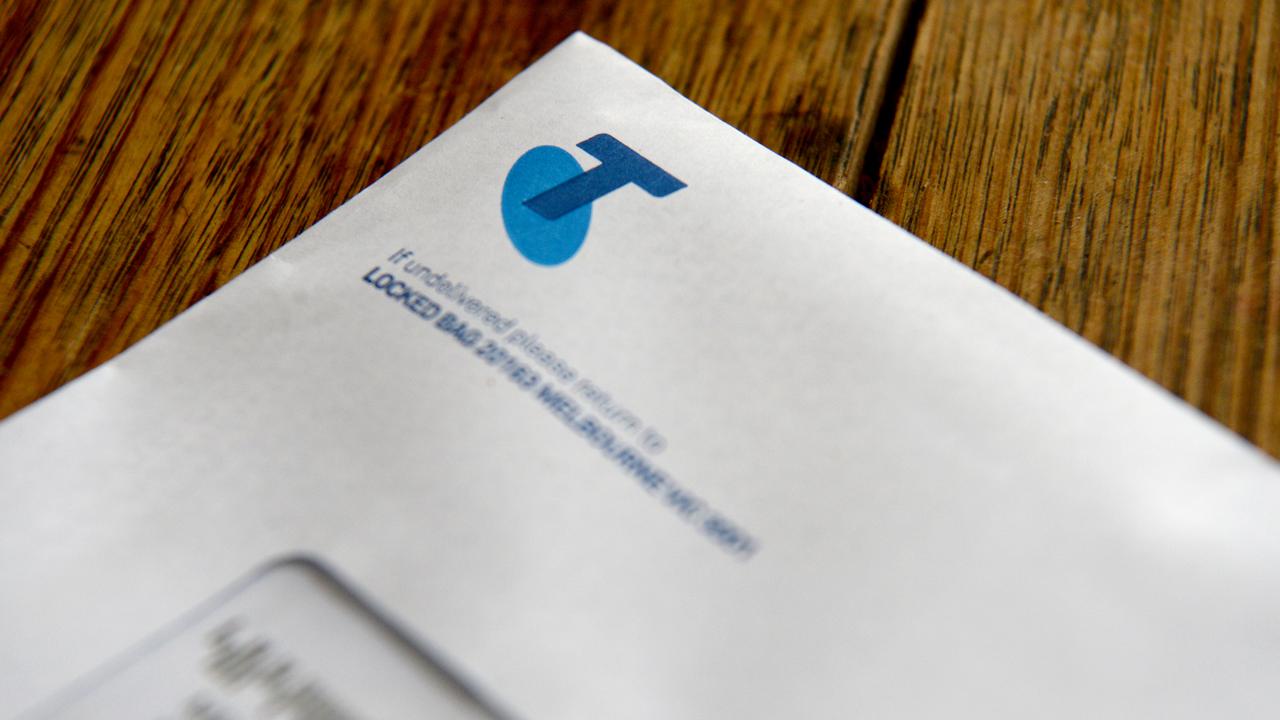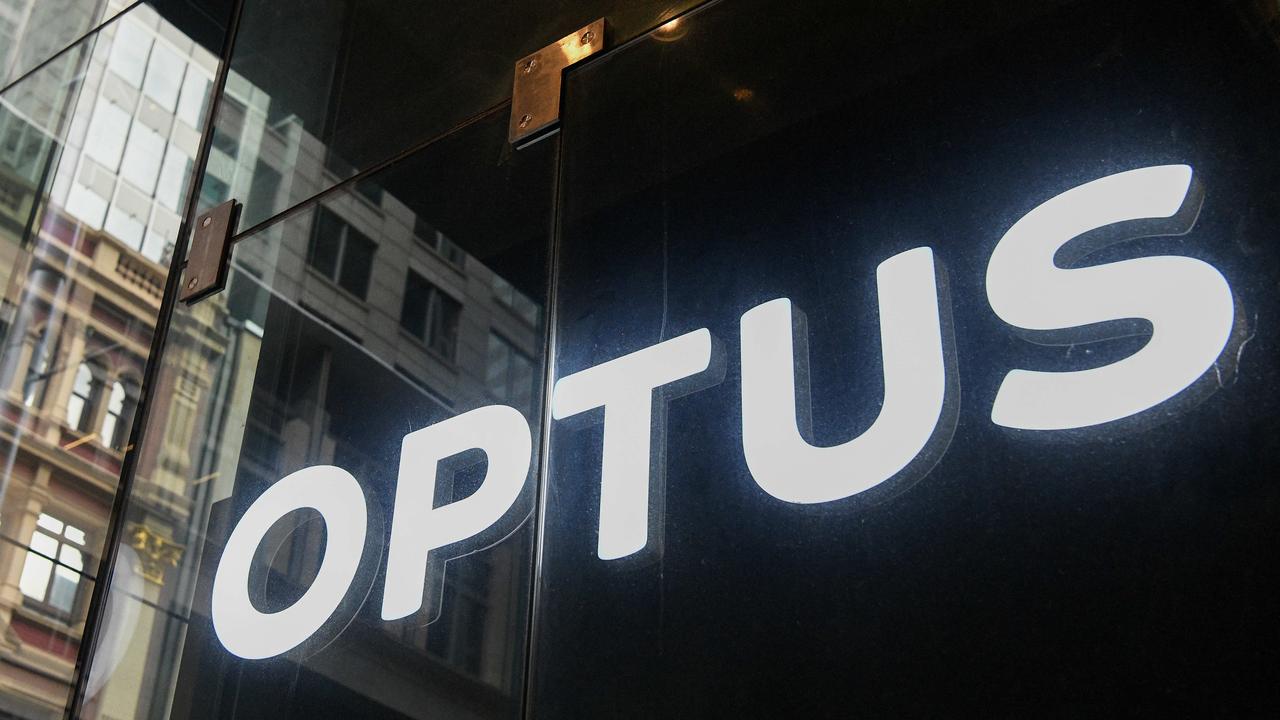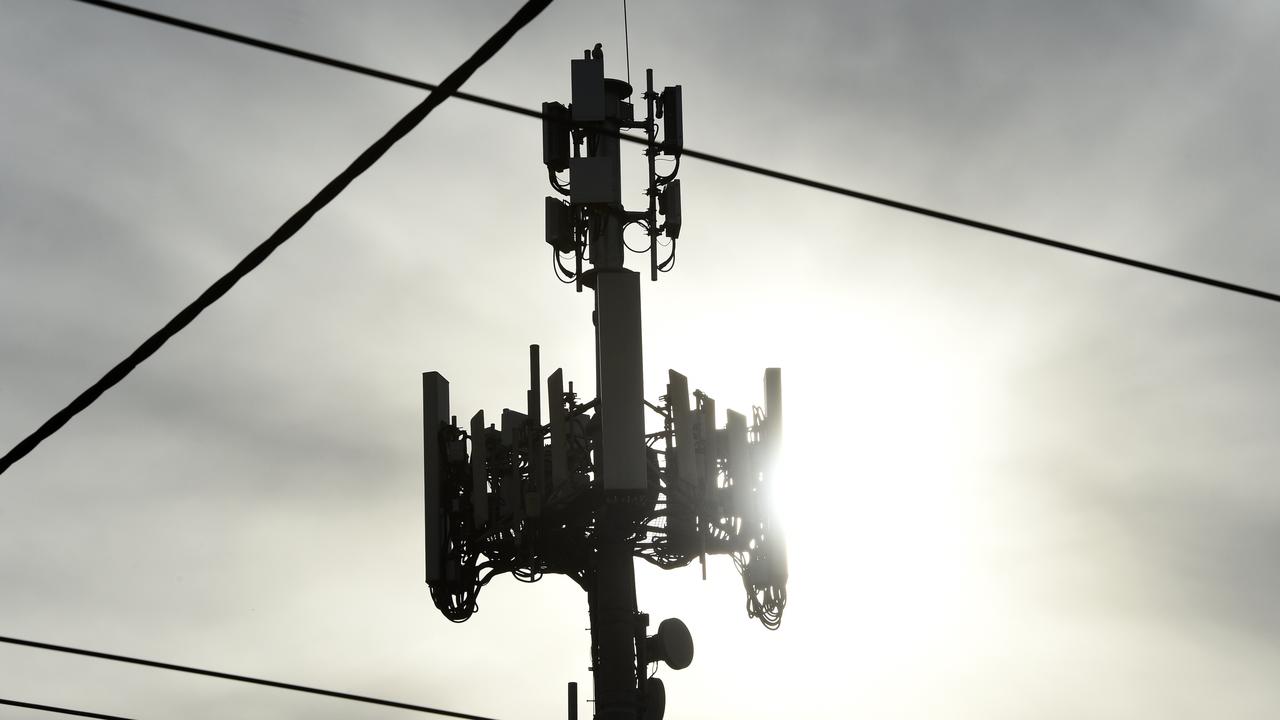Australians to be slugged more by telcos for NBN access on low speed plans
Major telcos have moved to raise prices for Aussies on lower-speed NBN plans, with millions set for an increase within weeks.
Millions of Australians could be doing a double-take upon receiving their next home internet bill, as major telcos lift their prices for lower-speed NBN plans – though others will see a reduction.
Telstra, Optus, Foxtel and Aussie Broadband have all announced price increases to come into effect by the end of November on their 25 and 50mb/s plans.
Telstra’s basic plan will go up by $5 a month, while Foxtel is set for a $10 monthly increase.
And some Optus plans will go up by up to $5 for existing customers.
The changes come after the National Broadband Network’s new pricing agreement, which will come into effect from December 1, was approved by the Australian Competition and Consumer Commission (ACCC).
The new plan will see the NBN lower wholesale prices on all but one data plan, with the largest cuts in prices made to its two lowest speed plans, 15 and 25mb/s, and its highest speed plan, 1000mb/s.
However a service cost known as CVC, which is being removed for high-speed plans, will still be charged on speed tiers of 50mb/s and below, which will reduce yearly until being removed altogether on July 1 2026.

Aussie Broadband Managing Director Phillip Britt has linked this cost to the telco’s looming price increase.
“By not only continuing to charge CVC, but doing so on an individual basis, the NBN has effectively forced our hand to raise prices for the majority of our broadband customers – and at a time of heightened financial uncertainty,” he said.
“Regardless of the reasons, we know this will hurt for some customers, and we are here to help. Our customer service teams are ready to support our customers and find solutions to keep Aussies connected through financial hardship as best we can.”
Aussie Broadband 12mb, 25mb and 50mb plans will all increase by $6 a month, while prices will drop on high speed plans of 100mb and above.
Telstra will also increase the cost of some plans and drop the cost of others, with their changes to come into effect from Wednesday.
Telstra linked their price changes to factors including lower profit margins on home internet plans, Canstar Blue reported.
“We believe now is the right time for us to look at our plans and make some changes which respond to this and improve the economics of our fixed business,” a Telstra spokesman said.
“Our Basic and Essential plans will increase by $5 a month as well as our Business Essential plan.”
However, Telstra has also “taken steps to protect concession and low-income customers” by keeping their Voice plan $10 concession credit and the $65 starter internet plan for their most vulnerable customers.
Their Superfast plan is coming down in price by $5, and the Ultrafast plan will drop by $10.

Optus said it reviews prices annually.
“Over the last three years, we’ve seen internet usage surge as more of our customers are working from home, gaming online and streaming entertainment,” an Optus spokesman said.
“Optus is paying more to supply that NBN service and it is necessary for us to adjust our in-market NBN prices accordingly.”
TPG Telecom, which oversees both TPG and iiNet, said they’re pleased with the NBN Co deal.
“However, we should also recognise this new pricing structure allows NBN to link the cost of its services to inflation, which will ultimately have a downstream impact on consumers,” a TPG Telecom spokesman said.
“From time to time we review our pricing and customer offers across our brands with the aim to be competitive. We will always work to keep our customers informed if we make any changes to our pricing.“

At the time of writing, the company hadn’t announced any pricing structure changes.
The ACCC earlier in October said it accepted NBN Co’s proposed variation to the Special Access Undertaking (SAU), “which includes measures designed to protect consumers from sharp price rises, reduce barriers to entry for new retailers and create incentives to fix systemic issues that drive poor NBN consumer experience.”
The SAU basically sets the rules for how providers access the broadband network.
“We are satisfied that NBN Co’s latest SAU variation proposal promotes the long-term interests of Australians, which is the primary objective of the test that we have to apply,” ACCC commissioner Anna Brakey said.
In a statement released earlier this week, a spokesman for NBN Co said wholesale prices had not increased in real terms in the past 10 years, and said the changes to how costs are calculated would protect Australians from price shocks down the line.
More Coverage
“NBN Co does not set retail prices; that is a matter for internet retailers,” he said.
“However, with customers’ data demand effectively doubling every three years or so, the wholesale and retail price of broadband services would likely be a lot more expensive in the future if we did nothing and did not change the structure of our wholesale prices.”




